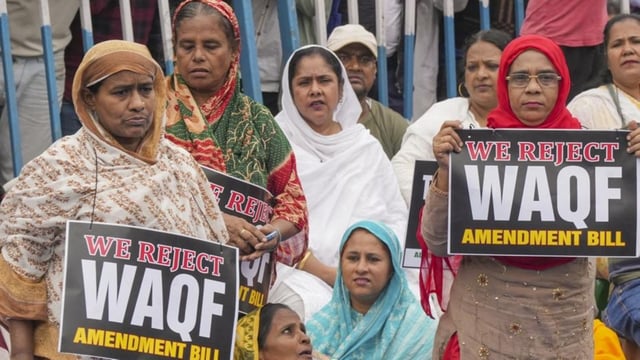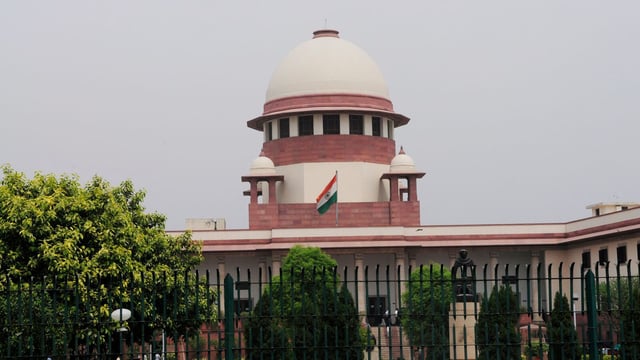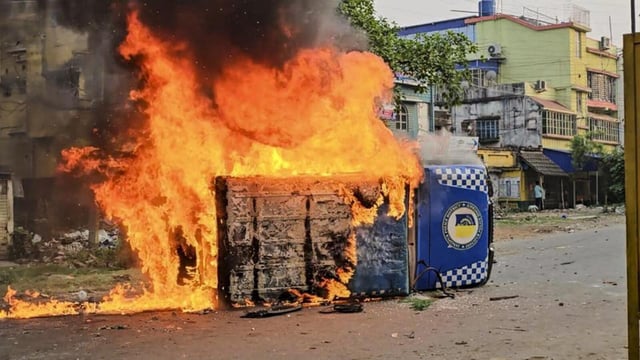Overview
- The Waqf (Amendment) Act, 2025 officially came into effect on April 8, introducing significant changes to the management of Islamic charitable endowments.
- Protests erupted in Murshidabad, West Bengal, leading to violent clashes, arrests, and heightened security, while Chief Minister Mamata Banerjee vowed not to implement the Act in the state.
- Over 15 petitions have been filed in the Supreme Court challenging the Act's constitutional validity, with hearings scheduled for April 15; the government has filed a caveat to ensure its stance is heard.
- Key provisions of the Act, such as the inclusion of non-Muslims in Waqf boards and restrictions on oral waqfs, have drawn criticism for allegedly infringing on religious autonomy and traditions.
- Prime Minister Narendra Modi and BJP leaders defend the Act as a reform to enhance transparency and accountability, while opposition leaders and community groups argue it undermines minority rights.



